We actively acknowledge our privilege and power and openly discuss them.
We recognize that as recipients of privilege we will always be capable of perpetuating systems of oppression from which our privilege came
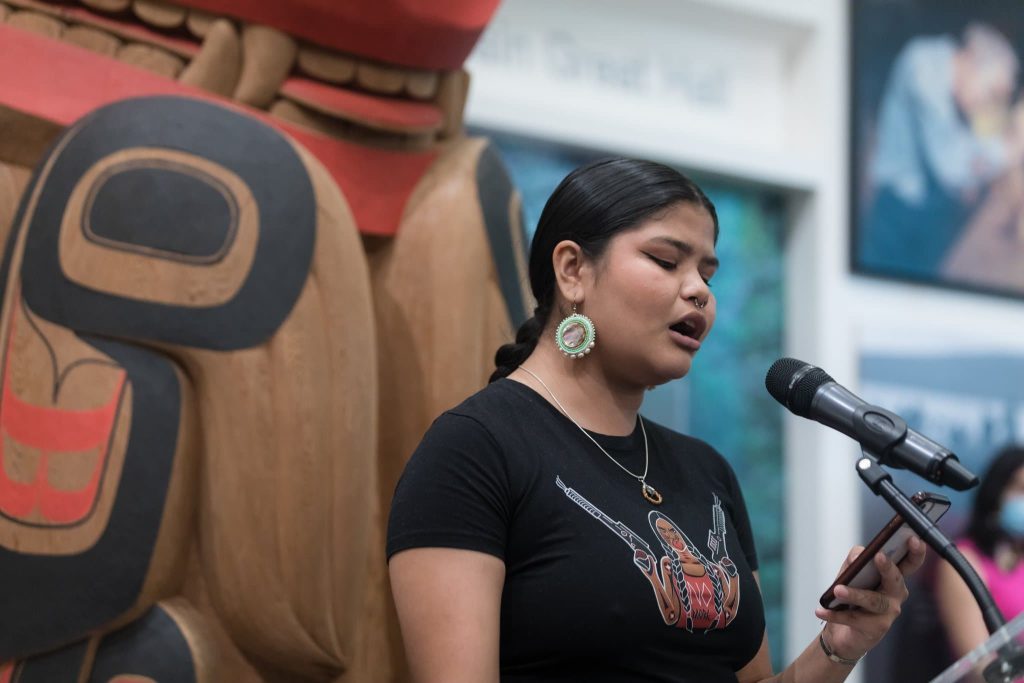
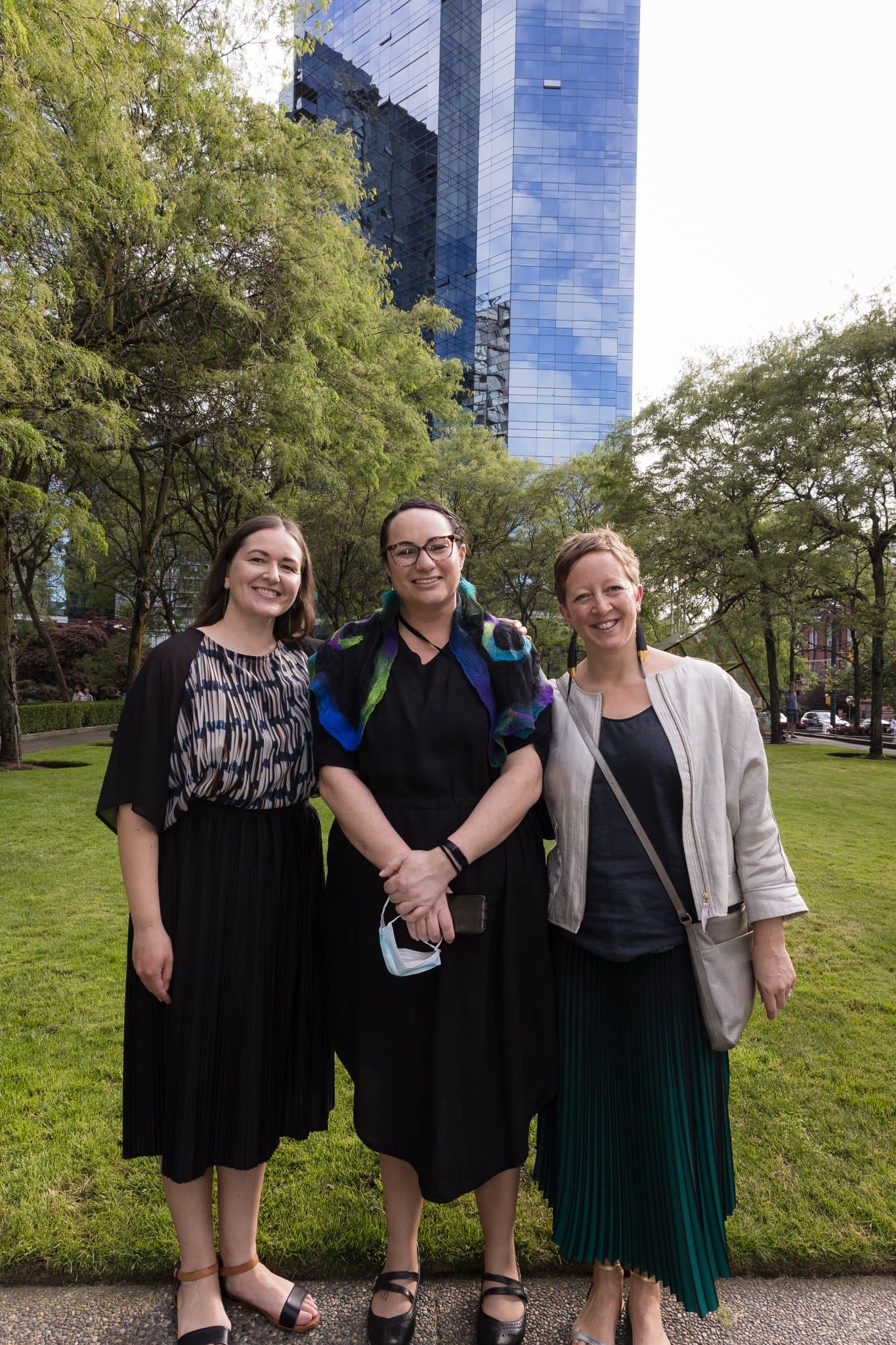
Allyship is not an identity—it is a lifelong process of building relationships based on trust, consistency, and accountability with marginalized individuals and/or groups of people.
Allyship is not self-defined—our work and our efforts must be recognized by the people we seek to ally ourselves with
i.e. we are showing support for…, we are showing our commitment to ending [a system of oppression] by…, we are using our privilege to help by…
We are not acting out of guilt, but rather out of responsibility.
We actively acknowledge our privilege and power and openly discuss them.
We recognize that as recipients of privilege we will always be capable of perpetuating systems of oppression from which our privilege came
We listen more and speak less.
We hold back on our ideas, opinions, and ideologies, and resist the urge to “save” the people we seek to work with as, with adequate resources and support, they will figure out their own solutions that meet their needs.
We do our work with integrity and direct communication.
We take guidance and direction from the people we seek to work with (not the other way around), and we keep our word.
We do not expect to be educated by others.
We continuously do our own research on the oppressions experienced by the people we seek to work with, including herstory/history, current news, and what realities created by systems of oppression look, feel, smell, taste and sound like.
We build our capacity to receive criticism,
to be honest and accountable with our mistakes, and recognize that being called out for making a mistake is a gift—that it is an honour of trust to receive a chance to be a better person, to learn, to grow, and to do things differently.
We embrace the emotions that come out of the process of allyship,
understanding that we will feel uncomfortable, challenged, and hurt.
Our needs are secondary to the people we seek to work with.
We are responsible for our self-care and recognize that part of the privilege of our identity is that we have a choice about whether or not to resist oppression; we do not expect the people we seek to work with to provide emotional support (and we’re grateful if they do).
We do not expect awards or special recognition.
for confronting issues that people have to live with every day and redirect attention to the groups we are supporting, and the issues they face, when we do.
We act out of genuine interest in challenging larger oppressive power structures.
We are here to support and make use of our privilege and power for the people we seek to work with
We turn the spotlight we are given away from ourselves and towards the voices of those who are continuously marginalized, silenced, and ignored; we give credit where credit is due
We use opportunities to engage people with whom we share identity and privilege in conversations about oppression experienced by those we seek to work with
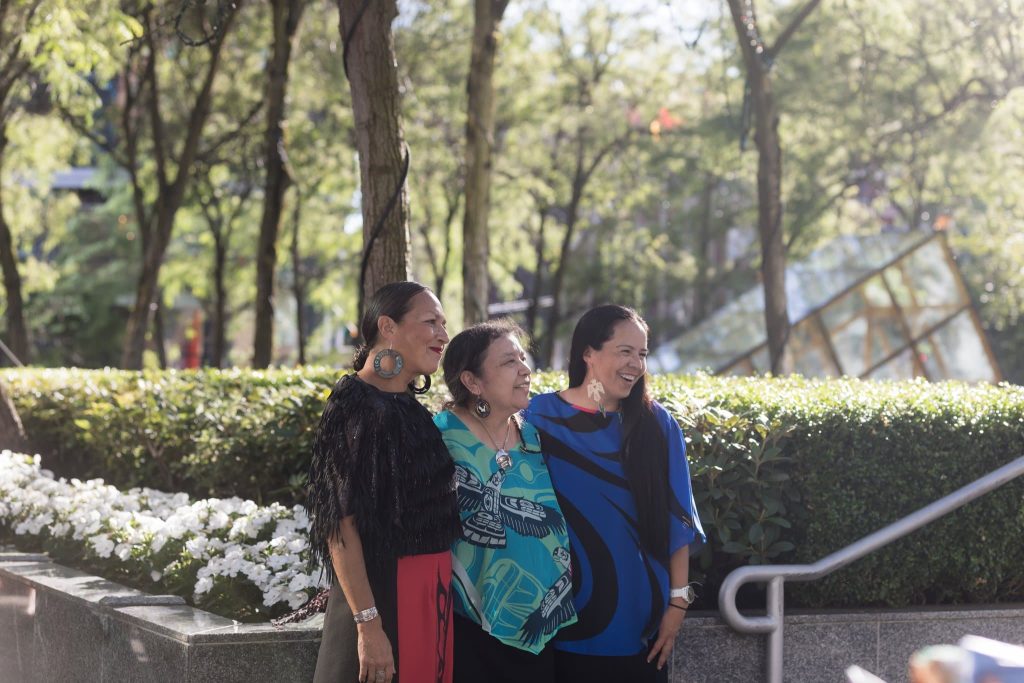
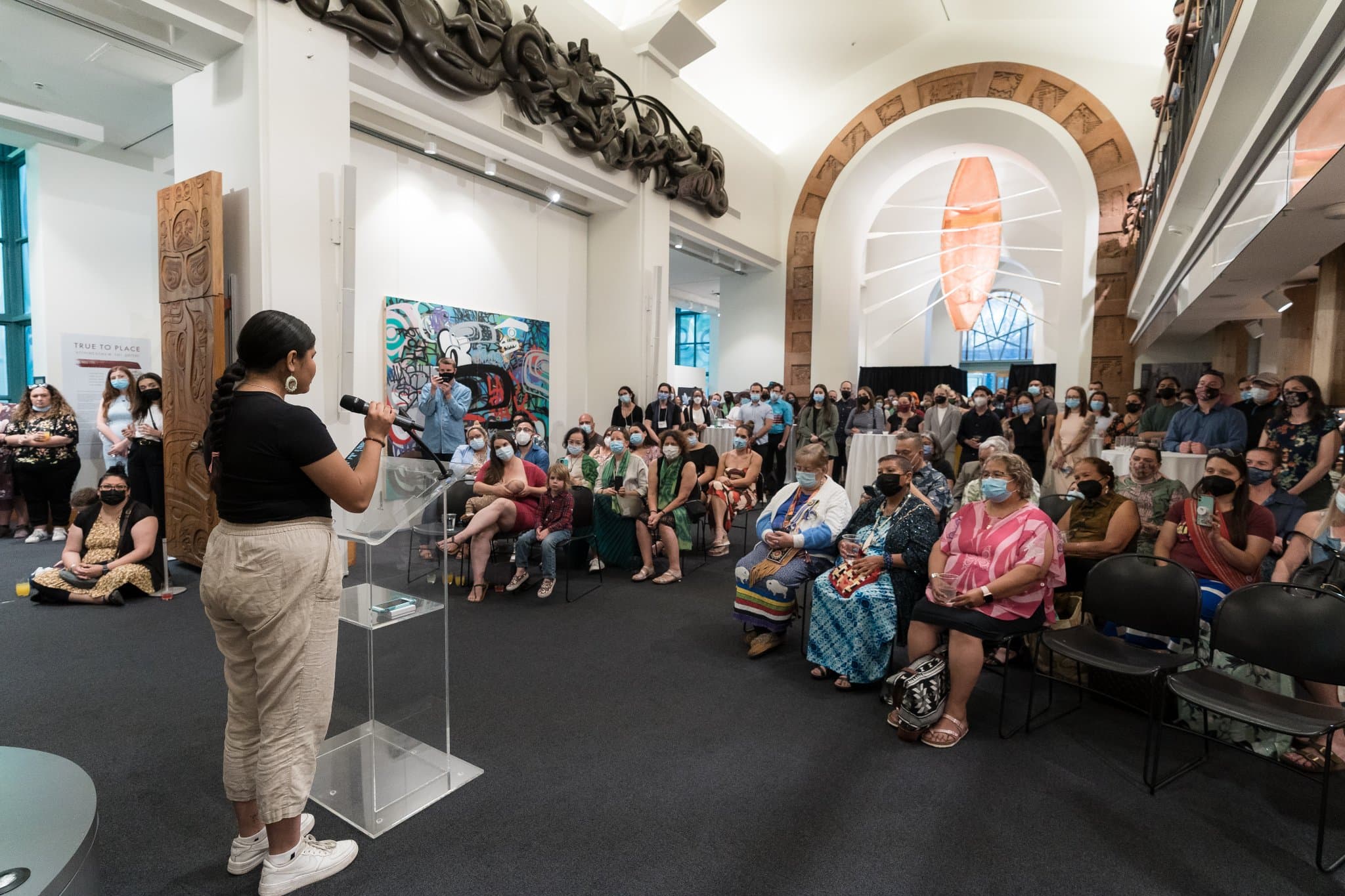
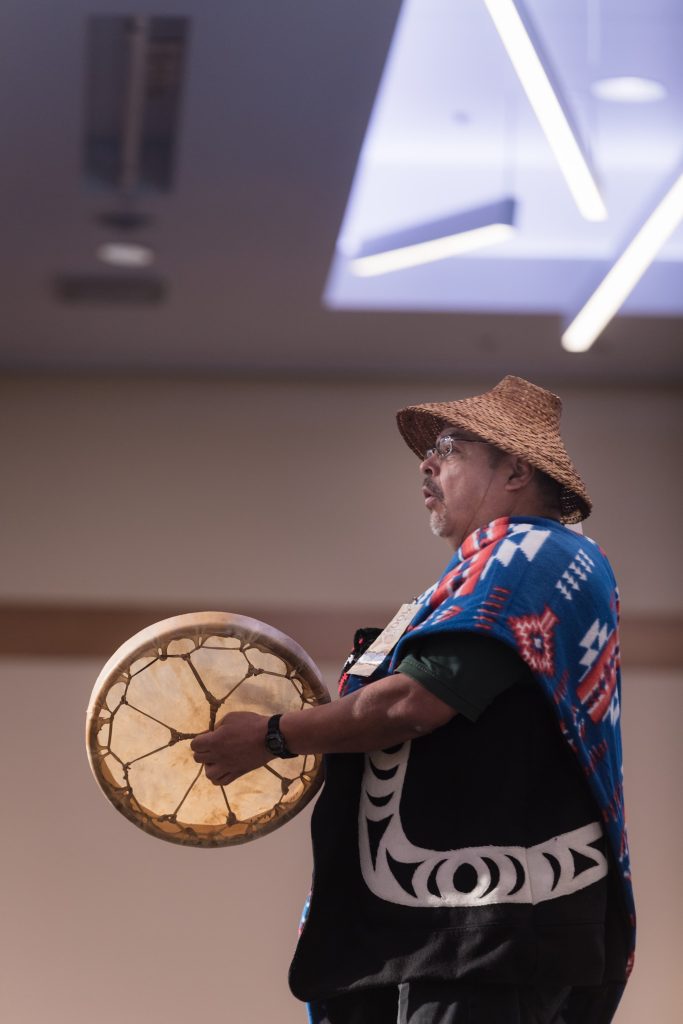
It is important to talk about allyship in this way, as much confusion has come out of problematic ideas of “being an ally”. These may be well-meaning, but they often recreate the same oppressions or perpetuate new ones.
Allyship is greatly valued and a huge step towards challenging oppression, however, we must understand possible feelings of resentment, bitterness, and even resistance towards us from the people we seek to work with. These feelings are not personal to us, but are reflective of peoples’ experiences with allyship with others like us (past and present). Building trust takes time, so we must recognize that what we can offer may not always be immediately needed or accepted.
In particular to colonization, take special effort to acknowledge the original peoples of the area/region/location in which you live, play, and do your work, and connect with your local Indigenous communities to involve them from the start, including elders, hereditary chiefs, and youth.
🌟 Friendly Reminder! 🌟
Secure your spot for IPAC`s Annual Mentorship Gathering and AGM, July 12th-14th in Halifax, NS! Connect with Indigenous Medical Students, Residents, and Physicians, share your academic journey, and immerse in cultural activities. Let`s celebrate Our Stories. Our Medicine. Register now! https://loom.ly/tgtsD7Y
Plus, we have a block of hotels available at the Lord Nelson Hotel & Suites in downtown Halifax. First come, first served. https://loom.ly/Wk7jyec Book your stay and join us for an unforgettable experience! 🏨 #IPACGathering #HalifaxNS #OurStoriesOurMedicine

📣 Calling all attendees of IPAC`s Annual Mentorship Gathering & AGM! Get ready to stand out with our exclusive t-shirt featuring the theme "Our Stories. Our Medicine" front and centre!
On sale until June 7th, available for pickup at the event. Don`t miss this chance to grab yours! Sizes range from small to 3XL (Classic unisex fit).
Link to purchase: https://loom.ly/wdYZQts
Register for Annual Gathering: https://loom.ly/mr4RV_k

Join us for #MentalHealthWeek, May 6-12, and answer the "Call to Be Kind"!🌟 This year, @cmhanational reminds us about the healing power of compassion. Let`s explore how kindness and empathy can make a difference in our world. Together, let`s spread compassion and support. 💙 #CompassionConnects #CompassionHeals #kindnessmatters

May 5 is the National Day of Awareness for Missing and Murdered Indigenous Women, Girls, and Two-Spirit people (MMIWG2S) in Canada, also known as Red Dress Day. Originating as an artistic response, red dresses symbolize the tragedy of over 1000 missing and murdered Indigenous individuals.
Please note: The day can be triggering for those affected by MMWIG2S+ loss. You can connect with the MMWIG2S+ support call line at 1-844-413-6649. This line is available free of charge, 24/7.
Since 1974, @nwac_canada has advocated for Indigenous women, girls, and gender-diverse people. We extend our deepest gratitude to NWAC for bringing #MMIWG2S to light! #RedDressDay #IndigenousRights #justiceforMMIWG2S

Netukulimk embodies the deep connection with nature, nurturing both our communities and environment. Mi’kmaq cherish the inherent right to access and sustainably use resources, guided by ancestral wisdom and spiritual harmony.
UINR combines scientific research with traditional knowledge to honour this sacred bond between people, land, and life. #Netukulimk #MiKmaqTradition #SustainableLiving #NatureHarmony #AnnualGathering #HalifaxNovaScotia

Happy National Physicians` Day! 🩺💙 Today, we celebrate Dr. Emily Stowe, Canada`s first female physician and ALL our doctors` unwavering dedication in keeping us healthy!
Big THANK YOU to @CMA_Docs for leading the charge in healthcare reform. Together, we`re shaping a brighter future of care.
#NationalPhysiciansDay #DrEmilyStowe #HealthcareReform #PhysicianAdvocacy
@Financial_MD @scotiabank

📢 Are you looking to fill physician positions? Look no further! IPAC has launched a new external job board featuring physician career postings from across Canada. Our job board serves as a valuable resource for connecting talented physicians with rewarding career opportunities while supporting our mission to advance Indigenous healthcare. Don`t miss out on this opportunity to connect with top talent and take your medical team to the next level. Explore the latest opportunities and post your jobs today at https://loom.ly/jlXFw9c #PhysicianJobs #MedicalCareers #JobOpportunities 🩺💼

🌟 Friendly Reminder! 🌟
Secure your spot for IPAC`s Annual Mentorship Gathering and AGM, July 12th-14th in Halifax, NS! Connect with Indigenous Medical Students, Residents, and Physicians, share your academic journey, and immerse in cultural activities. Let`s celebrate Our Stories. Our Medicine. Register now! https://loom.ly/tgtsD7Y
Plus, we have a block of hotels available at the Lord Nelson Hotel & Suites in downtown Halifax. First come, first served. https://loom.ly/Wk7jyec Book your stay and join us for an unforgettable experience! 🏨 #IPACGathering #HalifaxNS #OurStoriesOurMedicine
